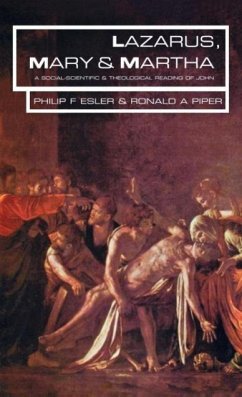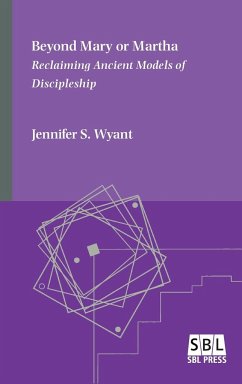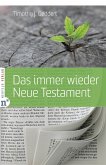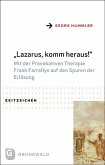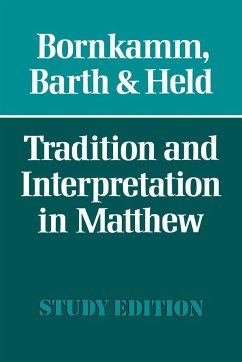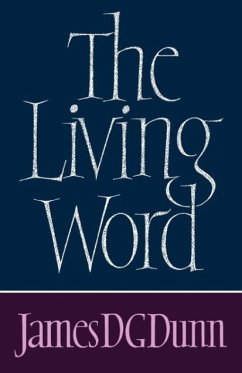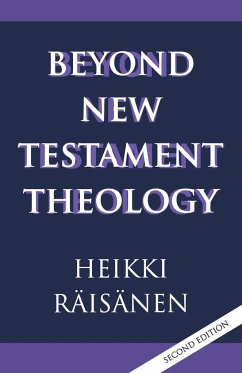The story of Lazarus in John 11-12 typically has been understood by scholars to act as a prototype for what was to follow in the form of the resurrection of Christ. In this book, Esler and Piper examine the raising of Lazarus, the relationship between him and his two sisters Mary and Martha, and examine the theological implications of a social scientific critique of this relationship and the Lazarus story in general. By this we mean that the authors examine the story using social identity theory, an approach that forms part of the flourishing field of social psychology. The authors set out what social identity theory actually means, how it works, with specific reference to group identity, and they apply it to John's Gospel. In addition, the authors have taken examinations of the catacomb art from Rome to provide empirical confirmation of their argument. The book concludes by setting out some of the theological dimensions of the investigation, and ultimately provides fresh theological insight into this New Testament text. Philip Esler has a particular interest in the reading of biblical texts using the tools provided by social-scientific research. He also publishes and teaches in the areas of the Bible and the Visual Arts, and early Christian identity in Rome. He is the Vice-Principal for Research at the University of St Andrews. Ronald Piper currently holds the positions of Professor of Christian Origins in the Divinity School, and University Vice-Principal for Learning & Teaching, also at the University of St Andrews. His primary research interests have been in the field of the gospels.
Hinweis: Dieser Artikel kann nur an eine deutsche Lieferadresse ausgeliefert werden.
Hinweis: Dieser Artikel kann nur an eine deutsche Lieferadresse ausgeliefert werden.

